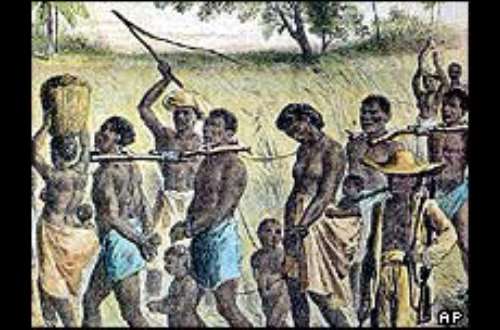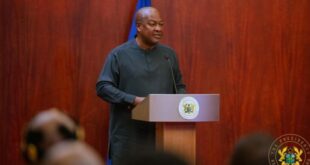
Ghana, located in West Africa, has a rich history that dates back thousands of years. The area that is now Ghana has been inhabited since prehistoric times, with evidence of ancient civilizations such as the Akan dating back to around 1500 BC.
One of the most significant early civilizations in the region was the Ghana Empire, from which the country derives its name. The Ghana Empire was not located in present-day Ghana but further north, in the area around Mali and Mauritania. It was a powerful trading empire that flourished between the 8th and 11th centuries AD. The empire’s wealth was built on trade, especially in gold, which was abundant in the region.
Over time, the Ghana Empire declined, and the region became fragmented into smaller states and kingdoms. One of these kingdoms was the Ashanti Empire, which was established in the 17th century by the Ashanti people. The Ashanti Empire became one of the most powerful and well-organized states in the region, with a sophisticated system of government and a strong military. The empire controlled a large part of present-day Ghana and was known for its rich culture and traditions.
In the late 19th century, European powers began to establish colonies in Africa, including in present-day Ghana. The British gradually gained control over the region, using a combination of diplomacy and military force. In 1901, the British formally declared the area a colony and named it the Gold Coast, after its lucrative gold trade.
During the colonial period, the Gold Coast was ruled by the British, who imposed their own laws and institutions on the region. Despite this, the people of the Gold Coast continued to resist colonial rule, leading to several uprisings and protests.
One of the most significant figures in the fight for independence was Kwame Nkrumah, who became the leader of the independence movement in the 1940s. Nkrumah founded the Convention People’s Party (CPP) and organized mass protests and strikes to demand independence from British rule.
In 1957, Ghana became the first country in sub-Saharan Africa to gain independence from colonial rule. Kwame Nkrumah became the country’s first Prime Minister and later its first President. Independence Day, celebrated on March 6th, marks the day that Ghana officially became a sovereign nation.
Following independence in 1957, Ghana under Kwame Nkrumah pursued a policy of socialist development, aiming for rapid industrialization and modernization. However, economic mismanagement and political repression led to challenges, including a coup d’état in 1966 that ousted Nkrumah from power.
Ghana experienced a series of military coups and changes in government throughout the late 20th century, with periods of civilian rule interspersed with military regimes. The country faced economic difficulties, including high inflation, unemployment, and debt.
In the 1990s, Ghana began a process of democratic reforms, culminating in the adoption of a new constitution in 1992 and the election of Jerry Rawlings as President in multi-party elections. Rawlings oversaw a period of economic reform and growth, and Ghana became known for its stable democracy in a region often plagued by political instability.
In the early 2000s, Ghana discovered significant offshore oil reserves, which boosted economic growth and investment in the country. However, challenges such as corruption, poverty, and infrastructure development persisted.
In recent years, Ghana has continued to make progress in economic development and democracy. The country has seen peaceful transitions of power between political parties, demonstrating a commitment to democratic principles. Ghana has also made strides in areas such as healthcare and education, although challenges remain, particularly in rural areas.
Today, Ghana is known for its rich culture, diverse population, and vibrant economy. It is considered one of the success stories of Africa’s post-independence era and continues to play a prominent role in the continent’s development.
 GhArticles.com Every News in Detail
GhArticles.com Every News in Detail



